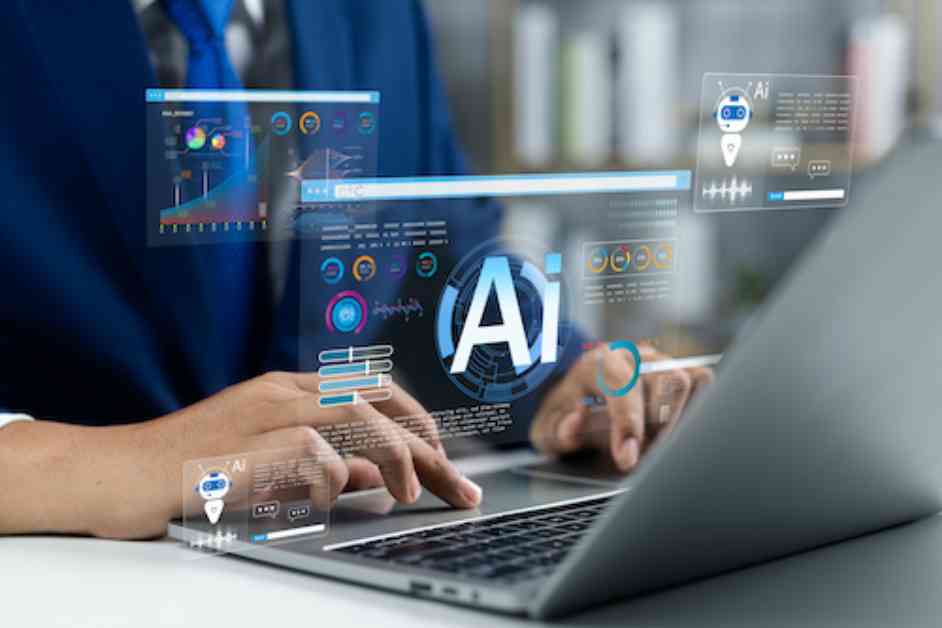Technology has been a game-changer in the field of education, promising to make schools more effective and educators more efficient. Artificial intelligence (AI) has taken this promise to new heights, especially in the realm of special education.
Special education teachers have long been burdened with heavy workloads and paperwork, leading to burnout and dissatisfaction. Generative AI tools have emerged as a solution to streamline special education processes, offering a range of benefits to educators. For example, tools like MagicSchool.ai, Easy-peasy.AI, and IEP Co-pilot have IEP generators that can draft initial IEPs, develop goals for students, and help teams set SMART IEP goals.
AI resources like Goal Genius and Poe.com go beyond IEP development to offer tailored accommodation recommendations, sample lesson plans, quarterly objectives, progress reports, and behavior intervention plans. These tools can serve as on-demand instructional coaches for special education teachers, providing support in real-time.
In addition to paperwork, AI can also assist with creating reading level-appropriate text for students with varying reading needs. Text leveling tools like MagicSchool.ai, Rewordify.com, and Text Compactor.com can modify text passages to make them easier to read, catering to individual student needs.
Moreover, AI can streamline the planning and facilitation of multiple meetings throughout the year. Bots can draft personalized meeting agendas for IEP meetings, staff meetings, and team meetings, freeing up special educators to focus on editing and customization. Tools like Zoom’s AI meeting assistant and Otter.ai can help take meeting notes and generate summaries, saving time and effort for staff.
During the evaluation process, AI can assist multidisciplinary teams in organizing and explaining complex reports to determine eligibility for services. AI tools can provide valuable insights from medical reports and help with program planning ideas to support students’ individual needs.
While there may be some questions about integrating AI into special education, the benefits are clear. AI resources are widely used to reduce workload and pressure on special education staff, providing collaboration and support on demand. As new resources and technologies continue to emerge, special education teachers can embrace AI as a facilitator of learning and efficiency in supporting student learning.
In conclusion, AI is revolutionizing special education by offering innovative solutions to streamline processes, support educators, and enhance student learning. By leveraging AI tools and resources, special education teachers can navigate the demands of their role more effectively and create a more inclusive and supportive learning environment for all students.


